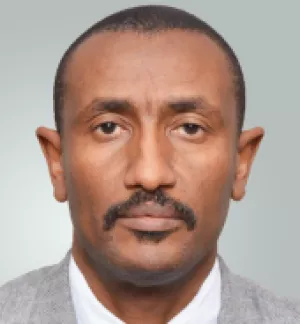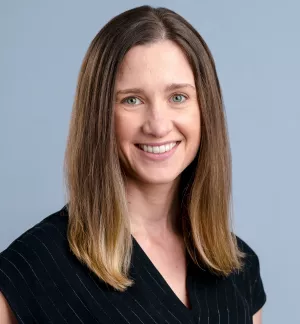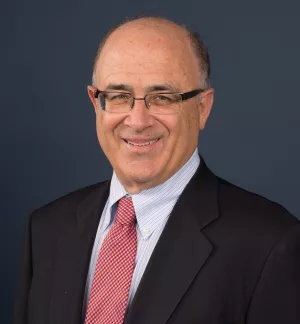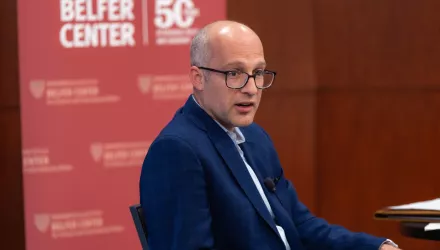Rashid Ali Abdallah is the Executive Director of the African Energy Commission (AFREC) since November 2018. Under his leadership, AFREC has developed several programmes and undertook several initiatives to support the African Energy Sector Transformation and African Union Member states’ effort toward energy transition, by creating the enabling policies and strategies to increase investment for the African Energy Sector, and to meet the AU Agenda 2063, Sustainable Development Goal (SDGs) and the global commitment on climate change.
Prior to joining AFREC, Mr. Abdallah served as the Head of Energy Division within the Department of the Infrastructure and Energy at the African Union. He has over 22 years of experience in energy field at national, regional and continental level.
Mr. Abdallah hold a M.Sc. Project Management from Birmingham University - UK, Post Graduate Diploma in Energy Engineering and a B.Sc. (Hons) Mechanical Engineering from Khartoum University- Sudan.
Katie Auth is Policy Director at the Energy for Growth Hub and a non-resident scholar at the Carnegie Foundation for International Peace's Africa Program. Her work focuses on strengthening US-Africa relations and in shaping policy within the US government and at multilateral institutions, particularly regarding energy investment, climate, and development finance. Previously, she served at the United States Agency for International Development (USAID) as Senior Development Finance Advisor and as Deputy Coordinator of the US Government’s Power Africa initiative. She holds an MSc in Natural Resource Management from the University of Akureyri and a BA from Bowdoin College. Katie is a co-host of the Hub’s podcast series High Energy Planet with Research Director Rose Mutiso.








